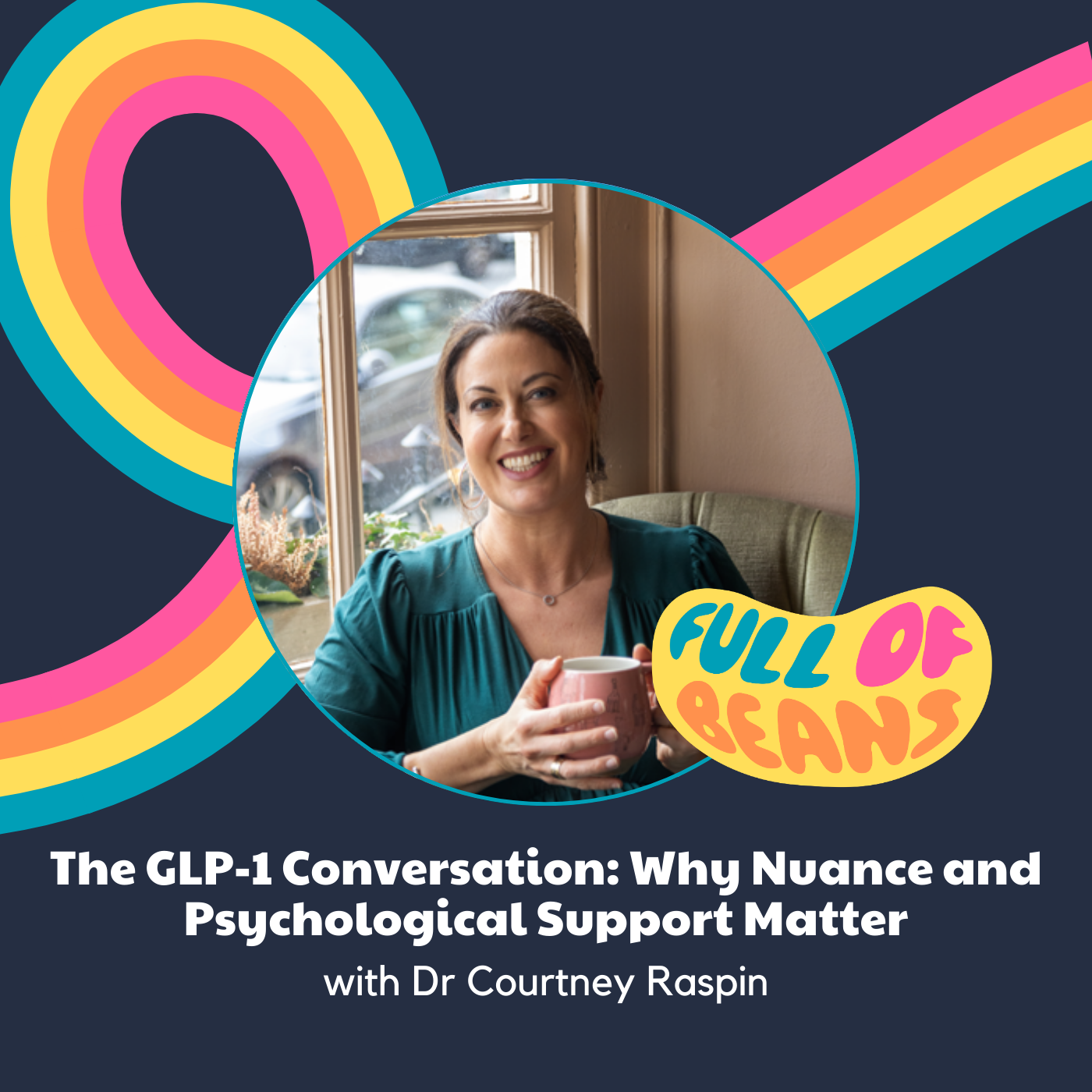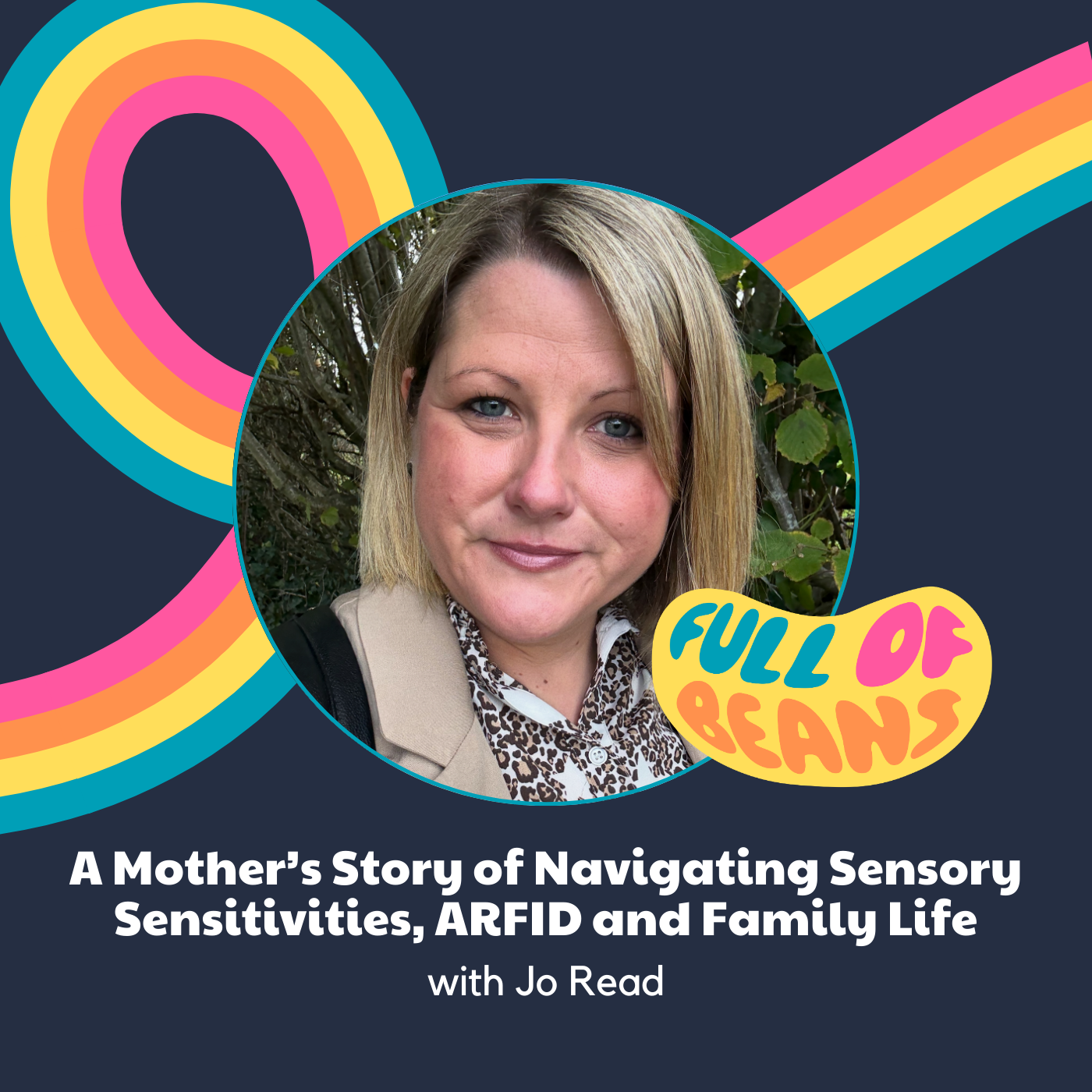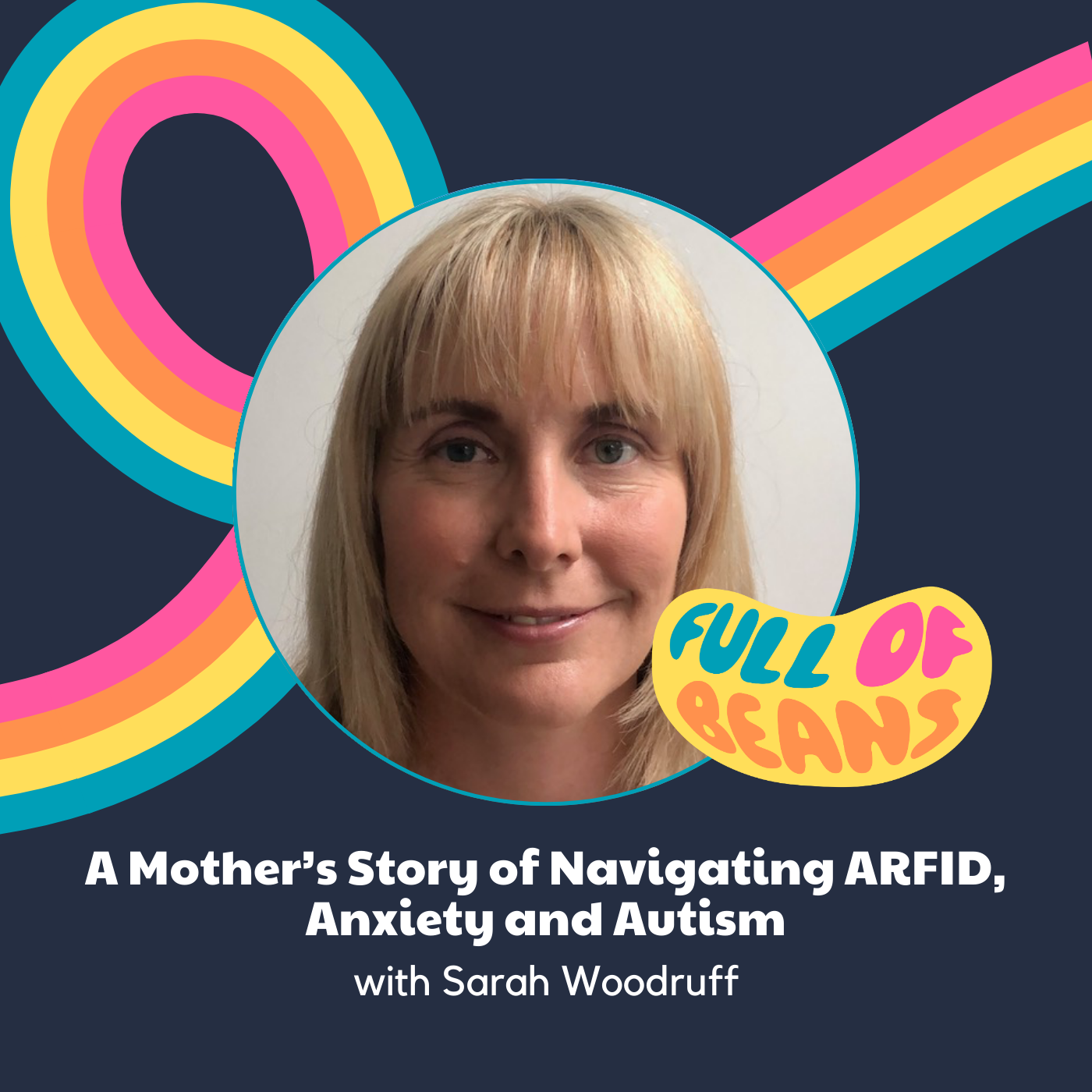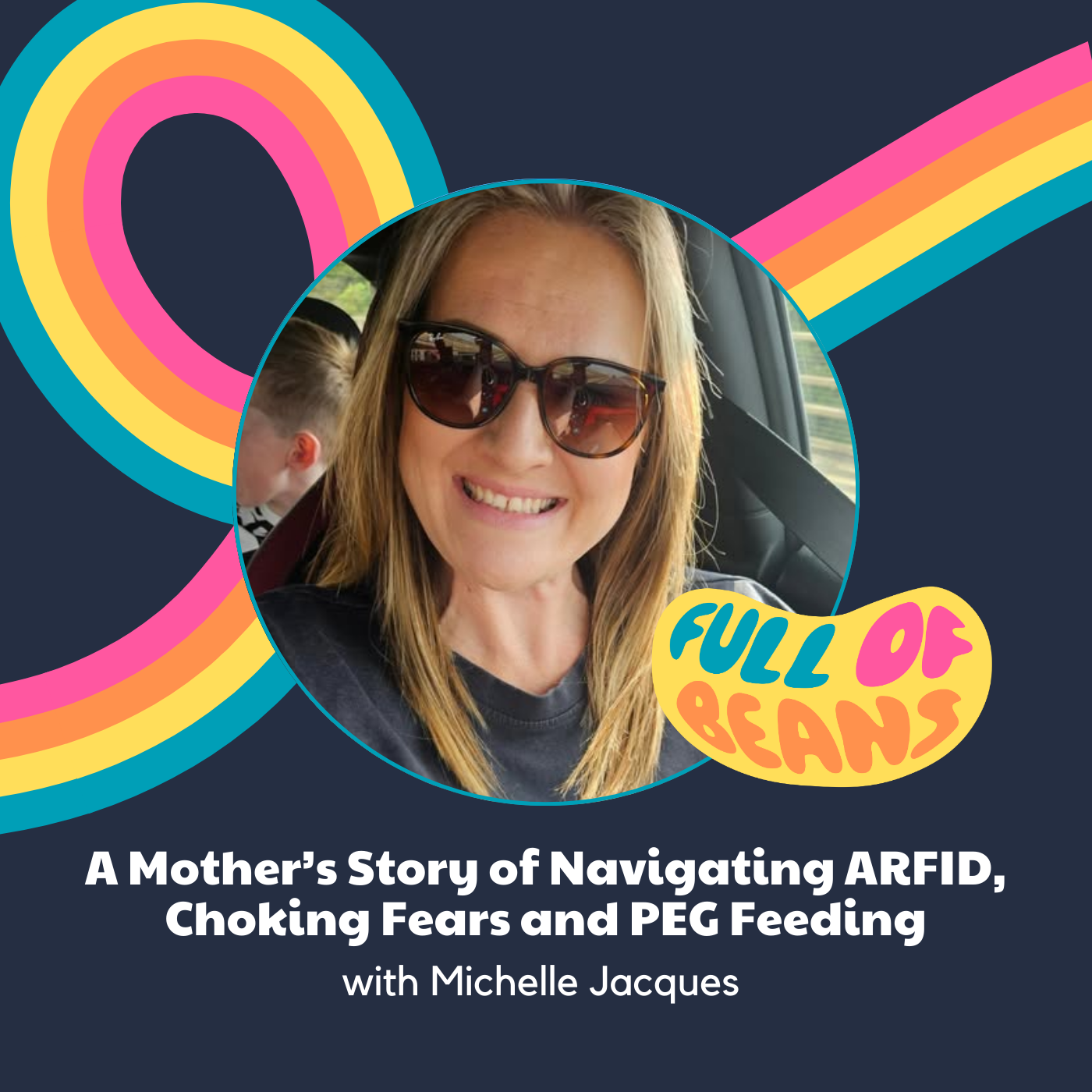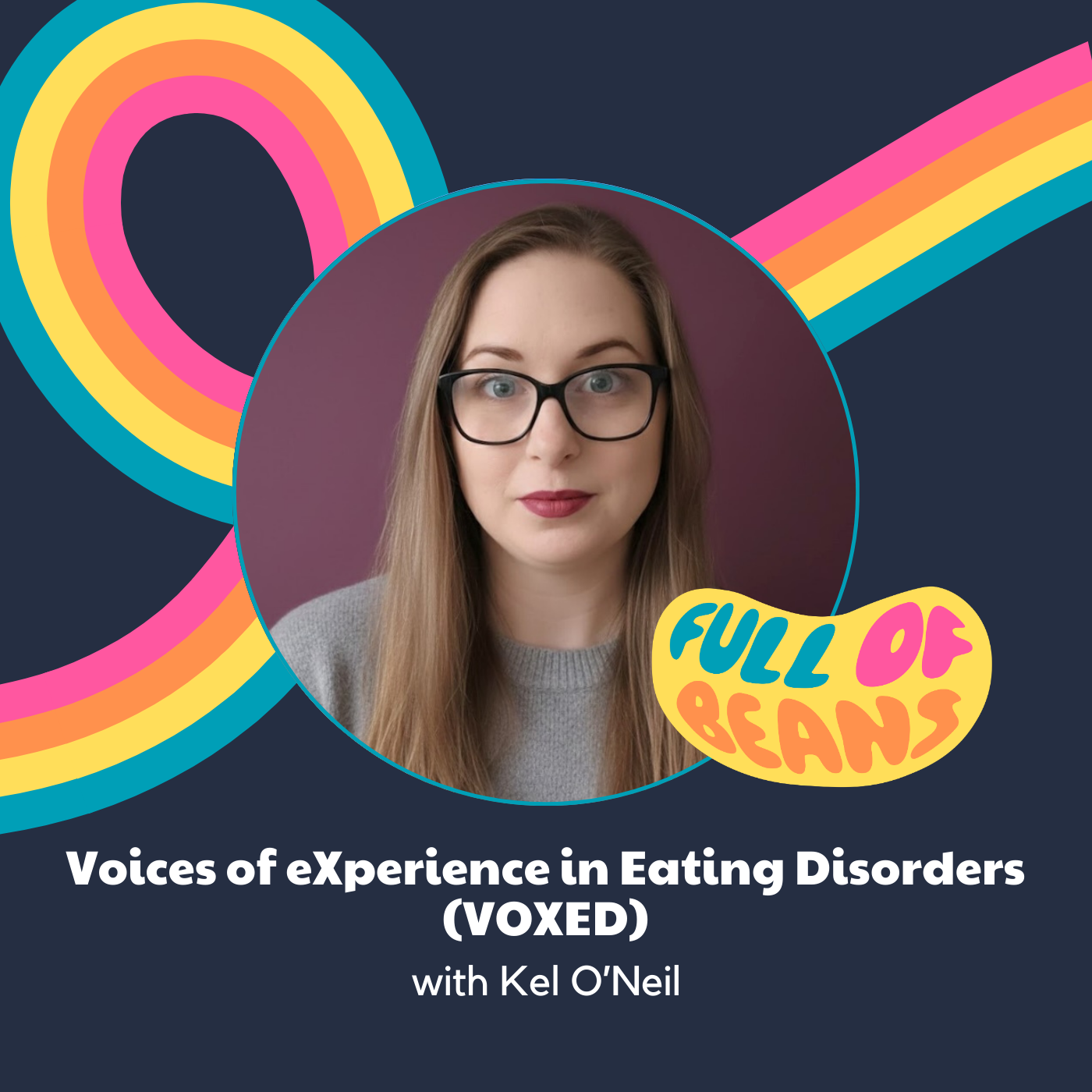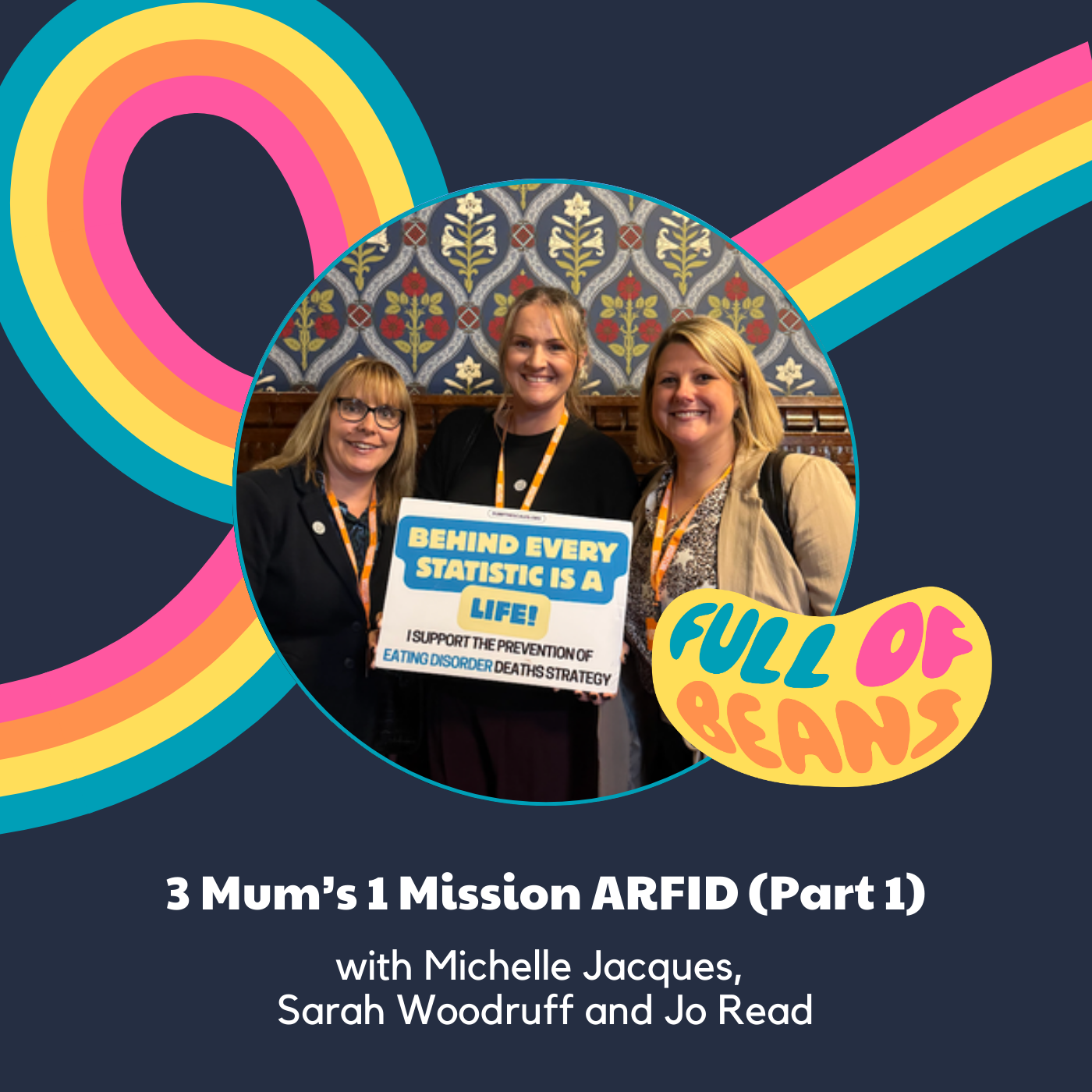Terminal Anorexia: Are Eating Disorders Really Untreatable?
Rethinking eating disorder care: are we failing the people who need help the most?

The concept of terminal anorexia has gained increasing attention in recent years. But does such a diagnosis truly reflect the reality of eating disorder treatment? Or does it highlight the limitations of the care we’ve offered so far?
This week on the Full of Beans podcast, I spoke with Dr. Anita Federici, a leading Canadian clinical psychologist and DBT specialist, about whether we’re misunderstanding what “treatment resistance” really means.
Where Did the Term “Terminal Anorexia” Come From?
In 2022, Dr. Jennifer Gaudiani and colleagues proposed the term “terminal anorexia” in a study published in the Journal of Eating Disorders. Their goal was to outline criteria under which a person with anorexia might be considered for palliative care or assisted dying.
These criteria included:
- A formal diagnosis of anorexia nervosa
- Age 30 or older
- A long history of failed treatment attempts
- The ability to give informed consent
Although the intention was to promote dignity in end-of-life care, the proposal sparked widespread concern. Many clinicians and people with lived experience feared the criteria could reinforce hopelessness or prematurely deem individuals beyond help.
Reframing Eating Disorder Treatment Resistance
Dr. Federici offered an alternative view. Through her extensive work with patients labeled “treatment-resistant” or “untreatable,” she believes that the problem isn’t the person, it’s the system and the lack of different treatments available to patients.
“When the same approach fails someone over and over again, it’s not resistance — it’s a mismatch.”
Many traditional treatment models rely on highly structured, change-oriented approaches like CBT or FBT. These can work well for some. However, they often fail to address deeper issues like:
- Trauma
- Emotional dysregulation
- Autism and other neurodivergent experiences
Dr. Federici uses Dialectical Behaviour Therapy (DBT) to meet people where they are. DBT integrates both change and acceptance, allowing clinicians to validate lived experience while offering real tools for emotional regulation and behavioural change.
What Do People with Eating Disorders Think?
In one of the most compelling parts of our conversation, Anita shared the findings of a new research study she co-authored with Dr. Sarah Robb. It explored how individuals with eating disorders feel about the proposed criteria for terminal anorexia.
Over 300 participants worldwide responded. Most did not support the use of the term. Their concerns included:
- The exclusion of other diagnoses like ARFID or atypical anorexia
- The arbitrary age limit of 30 dismisses those who access care later in life or experience late-onset illness
- The assumption that past treatments were truly "evidence-based" or accessible
- The challenge of assessing informed consent when someone is acutely unwell
Most significantly, respondents shared that terms like “terminal anorexia” made them feel hopeless and abandoned, rather than empowered.
A Clinicians Role in Holding Hope
When someone is in the depth of an eating disorder, the idea of recovery can be overwhelming, intimidating and often feel out of reach. As eating disorder professionals, a key responsibility is to hold hope for recovery, especially when their clients cannot yet hold it for themselves. This isn’t wishful thinking, it’s an ethical stance and a trauma-informed practice. As soon as this hope disappears, how can a patient believe they will ever get better?
Historically, we’ve seen similar narratives applied to conditions like borderline personality disorder, once considered untreatable until Dr Marsha Linehan developed DBT to change that narrative.
It’s time we reconsider what is possible for those labelled "treatment resistant", "manipulative", "unmotivated", "untreatable", "severe and enduring", "long standing", "terminal" eating disorders, too.
What Needs to Change in Eating Disorder Treatment?
To better support people at all stages of illness, we must:
- Expand access to diverse evidence-based treatments like DBT - it's not about the patient meeting the treatment, it's about the treatment meeting the patient where they need
- Train clinicians in trauma-informed, neurodiversity-affirming approaches
- Move beyond rigid models that only work for a narrow population that misses complexity, trauma and co-occuring conditions
- Continue listening to those with lived experience and fund responsive research
Not responding to one form of care does not mean a person is untreatable. It means they deserve something better, something more specific, something more individualised.
Changing the Narrative on Terminal Anorexia
Before we label someone as a lost cause, we must ask ourselves: has the system truly tried everything? Or are we simply uncomfortable with the complexity of their needs?
There is no “terminal” diagnosis that should close the door on recovery. Instead, let’s open up conversations about what ethical, compassionate, and individualised care really looks like.
🎧 Listen to the full episode with Anita on Full of Beans to hear this conversation in full.
You can also connect with Anita on Instagram (@dranitafederici), Linkedin (dr-anita-federici-phd) or visit her website (The Centre for Psychology and Emotion Regulation).
Sending positive beans your way,
Han 💛

